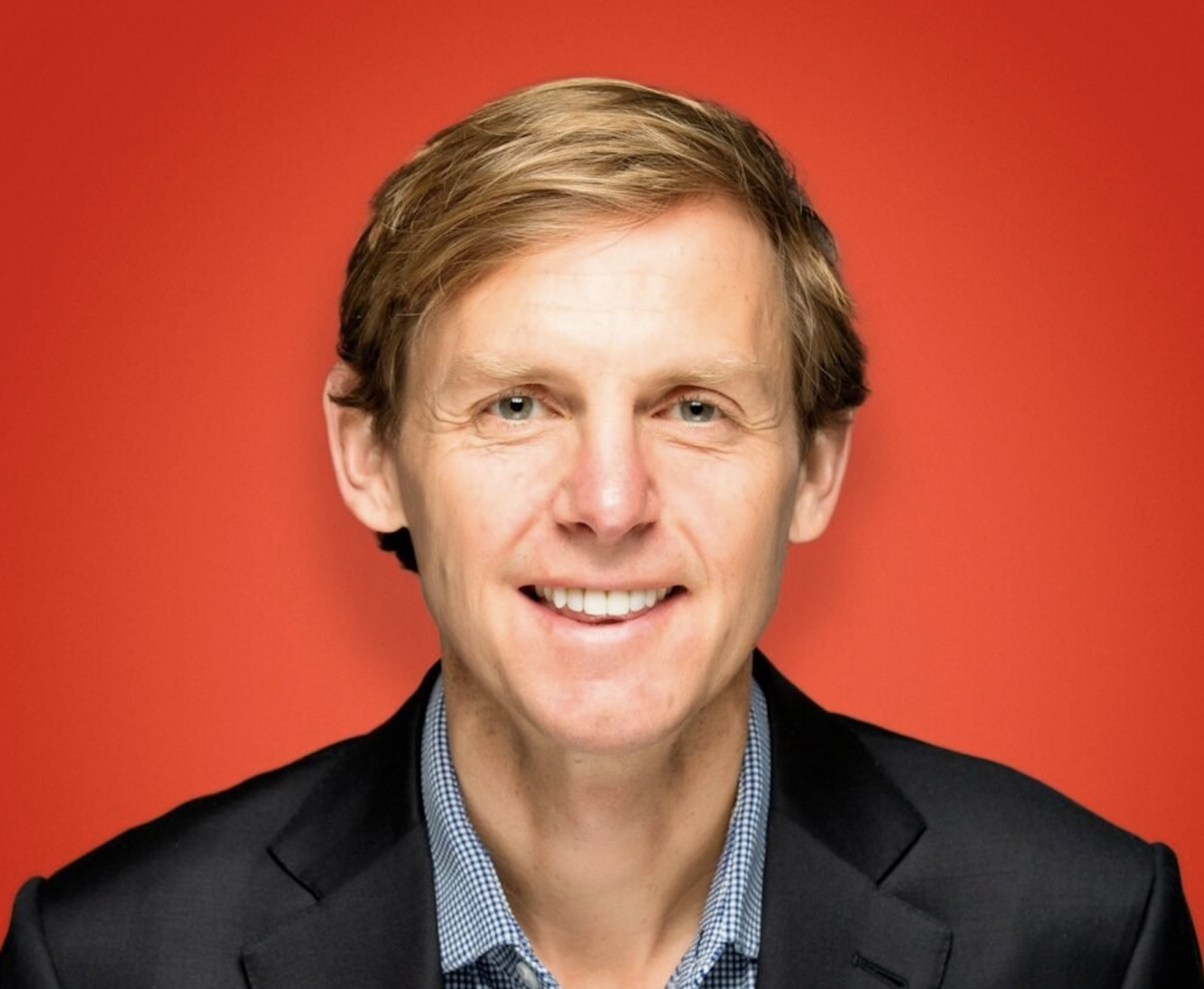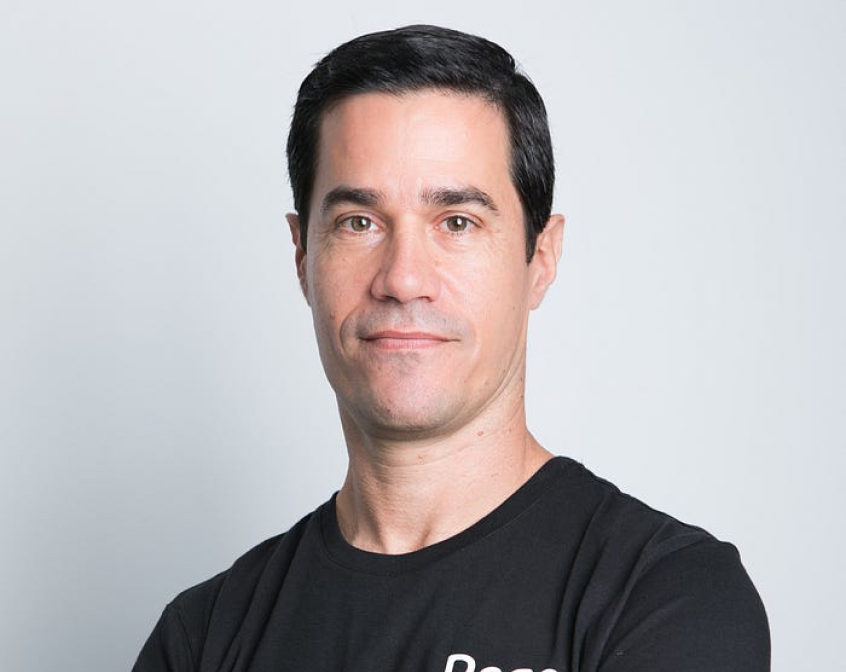Lavinia Cojocaru knows what it’s like to build a successful startup from the ground up: As co-founder and lead software developer of UiPath, she’s played an instrumental role in building the company into one of the largest software businesses in the world. Lavinia came to programming through her love of problem-solving and encouragement from computer science teachers in high school. That passion helped propel UiPath to success on countless levels since she joined the company in 2011.
While experience in coding can prepare a founder to build an MVP, nothing prepares one for the problems that constantly arise on the path from early-stage startup to IPO. Expansion, localization, and diversification bring with them the need for new people, new tools, and new processes. Lavinia has seen and accomplished a lot in her more than 12 years at UiPath, and she was kind enough to share with Crew Capital her experience over that time.
“Among the many milestones in my journey, witnessing the impactful results of our work, engaging with satisfied customers, and seeing our products make a real difference has always been rewarding. Yet, the true highlight for me has been collaborating with individuals who share similar values and ideals.”

Founders’ roles evolve with the business
Although UiPath is a public company today, it started out in a small apartment in Bucharest, Romania, in 2005. One driving force behind UiPath’s success was the founding team’s ability to take on various roles during the initial stages of developing a great product.
“Product development involves more than being a good programmer,” she said. “Before our first investment, the focus was not on the company, but rather on the technology. We knew we had great technology and we wanted to find the best way to bring it to life, to reach its potential. At that time, being relatively new in the field, my thoughts were geared more towards career growth, and I was under the impression that I could do it all, only to gradually realize the complex, time-intensive nature of product development. What was challenging but also really rewarding, was the fact that I could get involved in most of the aspects of the business, from talking with potential customers to answering support tickets.”
Facing and overcoming complex engineering challenges should be anticipated in the scaling journey, and adopting a mindset that transforms these challenges into opportunities for accelerated learning is crucial. ‘I remember we had to demonstrate to one of our major customers that our systems could efficiently manage 150,000 robots, which was unprecedented at that time. This required a significant team effort, encompassing not just engineering, but also extensive testing and comprehensive documentation.”
While prioritizing product-market fit and customer success is crucial in the early stages, the organization’s needs inevitably become more complex with growth. That often means a leader’s role changes, too. Initially, founders focus on familiar aspects to ensure the product supports the business. But with growth comes changes and challenges of all kinds.
“In the scale-up phase, my role changed suddenly and it was quite overwhelming. I was put in charge of an important part of our product and became a team leader. Managing a team, especially those with more experience, was daunting and pushed me out of my comfort zone. Fortunately, our team’s close-knit and open culture focused more on collective success than on titles, which eased the transition,” Lavinia said.
Although managing a code base is necessary for a software engineer, knowing how to integrate, delegate, and inspire new team members is a separate skill set altogether. On top of that, a co-founder is the de facto face of a company, whether in fundraising, sales or public events.
“As a co-founder, I often engaged in public speaking at events, which I find very intimidating. Looking back, my youthful courage at the time was a significant advantage,” Lavinia said.
Don’t let perfect stand in the way of good
As a software engineer, Lavinia cares about maintaining high-quality code. At an early-stage startup, the lead software developer can keep a close eye on that. But as more projects demand attention and new team members join, fewer and fewer lines fall under the leader’s scrutiny. As a philosophy, Lavinia cares most about the viability of the product.
“For new products, I believe the code quality doesn’t need to be perfect. Sure, you shouldn’t ship a product with bugs, but I prefer the approach of first validating your idea and once you see it getting traction, allowing for rewrites and even changing the technology if it doesn’t fit anymore,” she said.
Maintaining company culture takes effort
Building a great product is a significant achievement, and building a great business is another. However, creating and sustaining a great company culture through all stages of growth requires founders who value more than just revenue retention or valuation. Lavinia was intentional in her efforts to maintain UiPath’s close-knit and open culture as it expanded, which played a crucial role in preserving the company’s spirit through all its transitions.
“This challenge intensified as we welcomed hundreds of new colleagues in a short period, many with corporate backgrounds, into significant roles worldwide. We needed their experience, yet we strove to maintain our unique approach” she said.
Founders need to consider how they can scale culture during hypergrowth. While startups can build faster with a nimbler hierarchy and tighter customer feedback loops, that dynamic evolves as an organization grows larger, too.

Don’t rely on tools simply because they’re familiar
Along with changing responsibilities and adding headcount, founders need to consider the efficacy and efficiency of their tools as a startup grows. As Lavinia said, “Changing tools is an important step and timing matters. The startup tools we initially used were modern-looking, minimalist, and user-friendly; however, they generally fell short in meeting the needs of a larger company. Consequently, we transitioned to a more complex issue tracker that allowed the inclusion of additional participants (such as product and UX teams) and enabled others in the company to track these processes. We shifted from documenting everything close to the code or in various shared documents to utilizing specific platforms. We even changed our CI/CD platform to allow for greater control and flexibility in our deployment processes.”
That may mean a change in project management methodologies, like from Lean to Scrum, or simply switching to new software that better aligns with an organization’s needs.
“There is this famous quote: Your startup either dies or it moves to Jira,” Lavinia said. “And as a fun fact, we even had a poll company-wide about moving from G Suite to Microsoft 365. I won’t say who won.”
Expansion and localization require creative solutions
Expanding into new markets brings numerous challenges for a fast-growing business: Different legal jurisdictions, the need for satellite offices, and even simple language barriers.
Consider expansion in just the European Union: It’s a $17 trillion market comprising nearly 50 countries and 24 official languages. This doesn’t even speak to contrasts in cultures, economies or ways of doing business—meaning a Go-To-Market strategy can look significantly different from one country to the next.
At UiPath, engineering offices were established in Bangalore, India, a city renowned for its engineering talent and where a UiPath team was already in place. The approach to expansion in the United States, however, took a different direction.
“As we began moving more and more towards the cloud, we needed experience in this field, so we chose Bellevue,” Lavinia said, referring to the tech hub in Washington state. “The hiring in Bellevue happened quite fast and it was a bit of a challenge to mix our existing engineering culture and practices with the ones that the new office brought.”
There is no one-size-fits-all solution for a rapidly growing business. In addition, the simultaneous growth in India and the U.S. led to disparities in titles and responsibilities across offices, which UiPath later had to standardize globally to improve cohesion.
Consistency requires collaboration and open communication
As much as anyone would strive for comprehensive documentation on a project, it’s nearly impossible during hypergrowth; documentation can become outdated quickly if it’s not kept concurrent to changes.
“Teams must interact, become acquainted, and build a rapport, which fosters natural collaboration,” Lavinia said. “We emphasized having people work from different locations and encouraged team members from various places to meet in person for brainstorming sessions.
Even in a tech-focused world of asynchronous work, spread across the globe, the human element still makes a significant impact on the quality of work to Lavinia.
“The key lies in encouraging open communication through internal tools and supporting contributions from all team members, irrespective of their rank or role,” she said.
Involving teams throughout the product development cycle is highly effective. By equipping them with user insights and feedback, they can make informed decisions on technology choices and solutions for customer pain points. “It’s also crucial for the team to have a clear understanding of the company’s strategy and recognize the potential for developing new products. This comprehensive involvement not only fosters innovation but also ensures that the team’s efforts are aligned with the company’s broader objectives.”
Related Articles

The PEAK Approach: Godard Abel on Building Software Companies That Transform Industries
In our recent conversation, Godard Abel, CEO of G2, shared insights on his entrepreneurial evolution, strategic approaches to company building,…

Building Smarter with AI: A Roundtable with UiPath’s Ed Challis
Ed Challis, Head of AI Strategy at UiPath, recently led a roundtable discussion with Crew Capital portfolio company founders and…

The Blueprint for B2B Success: Rob Bailey on Building Multiple Billion-Dollar Companies
In a recent conversation with Crew Capital, Rob Bailey shared his framework for scaling business-to-business (B2B) companies, insights on pricing…







